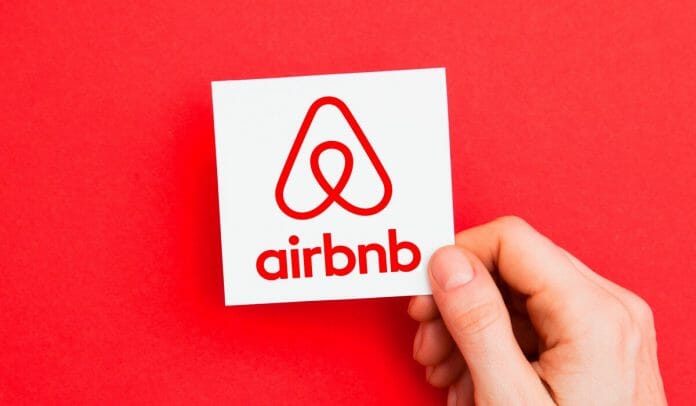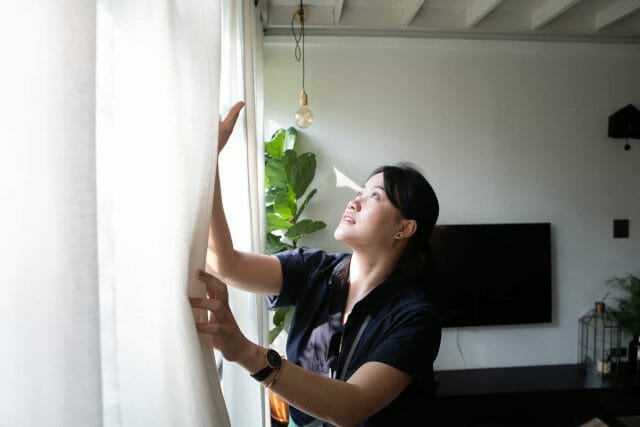By Poovenraj Kanagaraj
As countries went under lockdown one after the other across the world, business sectors were faced with an unprecedented crisis. The tourism sector was no exception to the blow delivered by the coronavirus which had led to planes being grounded and travel bans to be implemented.
In Malaysia, hotels that relied entirely on tourism closed down, one after another, week after week, with those facing cash flow issues for months to be the first ones to go. New players who were booked for months saw cancellations pour in. And being part of the hospitality industry, Airbnb took an equal hit as well.
Early May, the home rental company had laid off 1,900 employees, amounting to 25 percent of its staff. The company, much like its counterparts had been hit financially during the pandemic and with thousands cancelling their reservations, its revenue plummeted.
In a letter to his employees, chief executive officer, Brian Chesky said revenue for Airbnb this year will be less than half of what it earned in 2019, which was reportedly $4.8 billion.
In 2018 alone, Airbnb’s host and guest community in Malaysia had generated an estimated RM 3 billion in direct economic impact to the country with senior hosts who are above 60 earning RM 9 million in that year alone.
Despite the grim reality currently, Airbnb’s spokesperson in a chat with Business Today Malaysia expressed optimism in the company’s future in the long run. “This kind of momentum can’t be paused for long, but as travel recovers, it will look different,” the spokesperson said.
“Airbnb believes that people will seek out nearby things to do and places to visit. They will want longer stay options for family, work and study and they will look for sites and activities away from tourism hotspots.”
In a survey by Airbnb, 92 percent of hosts have stated that they plan to host at least as often as before the pandemic once travel resumes. Following that Airbnb says the company is making the needed investments that will strengthen the business in the post-pandemic world.
Highlighting a recent research from Skift who found that travelers will be “drawn to activities and experiences that involve less exposure to crowds, more control of their surroundings and more assurance of cleanliness”, Airbnb told Business Today that they working hard to prepare for the future of travel and to support the community.
With hygiene as their highest priority, Airbnb’s high standards require listings offer a certain level of cleanliness and when those expectations are not met, Airbnb assures they respond rightfully.
“To date, 94 percent of Airbnb reviews show that guests are satisfied with cleaning, scoring at 4 or 5 stars after their stays,” Airbnb’s spokesperson says.
The home rental company had recently announced its Airbnb’s Enhanced Cleaning Initiative, which will be a global initiative that will be rolled out with enhanced guidelines developed by hospitality and medical hygiene experts. Airbnb hosts who go through the learning and certification programme will have their listings identified on the platform and will be made easy for travelers to find.
“We have also updated our policies to allow guests to cancel eligible reservations for a full refund to minimise non-essential travel and created a Covid-19 resource hub where people can find the information they need,” Airbnb spokesperson shares.
The home rental company is also providing support to hosts during the pandemic, which includes a $250 million payout to hosts impacted by cancellations and $17 million Superhost Relief Fund. Furthermore, Airbnb has joined industry players in urging the Malaysian government to consider including tourism entrepreneurs involved in the industry through new business models and platforms.
These include individuals who are hosting short-term rental accommodation or are providing local activities through internet platforms. The company had also committed to help house 100,000 healthcare professionals, relief workers and first respondents around the world and this included Malaysia as well.
“Many of these entrepreneurs have made business decisions and investments in fixed assets, and the extension of stimulus measures to include this group of affected individuals would help to ensure that these Malaysians can continue to support themselves while Malaysia continues its efforts to prevent the spread of Covid-19,” Airbnb tells Business Today.










